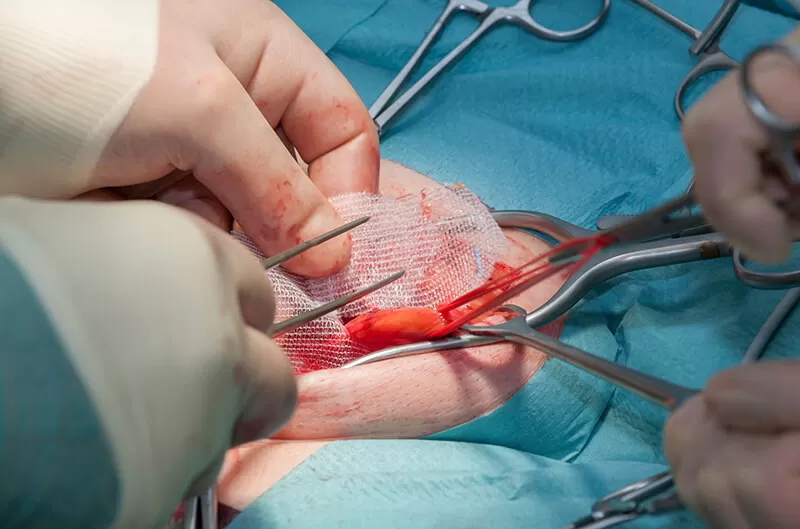Hernia Surgery: A Comprehensive Guide
 If you’re considering hernia surgery, you’re not alone. Hernias are a common medical condition, and surgical intervention can often provide the best solution. In this guide, we’ll explore everything you need to know about hernia surgery, from understanding the basics to post-operative recovery. Let’s get started.
If you’re considering hernia surgery, you’re not alone. Hernias are a common medical condition, and surgical intervention can often provide the best solution. In this guide, we’ll explore everything you need to know about hernia surgery, from understanding the basics to post-operative recovery. Let’s get started.
Understanding Hernias
Hernias occur when an internal organ or tissue protrudes through a weakened area of the abdominal wall or groin. They can be caused by various factors, including heavy lifting, persistent coughing, obesity, or even congenital weaknesses.
Types of Hernias
There are different types of hernias, including:
Inguinal Hernias
The most common type of hernia, often occurs in the groin area. They are more common in men than women.
Ventral Hernias
These occur on the abdominal wall and are typically caused by weakened abdominal muscles due to surgery or pregnancy.
Hiatal Hernias
These hernias involve the upper part of the stomach pushing through the diaphragm and into the chest.
Umbilical Hernias
Common in infants, these hernias involve the protrusion of tissue through the belly button.
When is Hernia Surgery Necessary?
Hernia surgery is recommended when conservative treatments fail to provide relief or when there’s a risk of complications. Surgery can help prevent the hernia from becoming strangulated, a situation where blood flow to the protruding organ is blocked, which is a medical emergency.
The Hernia Surgery Procedure
Pre-operative Preparation
Before the surgery, you’ll have a consultation with your surgeon to discuss the procedure, potential risks, and recovery. You may be asked to stop eating and drinking the night before the surgery.
The Surgical Process
The surgery involves pushing the herniated organ or tissue back into place and repairing the weakened abdominal wall. This can be done through open surgery or minimally invasive laparoscopic techniques.
Post-operative Recovery
Recovery times vary depending on the type of hernia and surgical technique. Patients are usually advised to avoid heavy lifting, strenuous activities, and to follow their surgeon’s instructions carefully.
Benefits of Hernia Surgery
Hernia surgery offers several benefits, including:
- Relief from Pain: Surgery can alleviate the discomfort associated with hernias.
- Preventing Complications: Surgery can prevent serious complications that can arise if a hernia becomes strangulated.
- Improved Quality of Life: After recovery, patients can return to their normal activities without the hindrance of a hernia.

